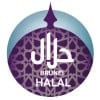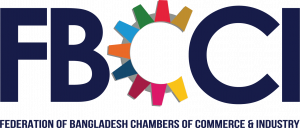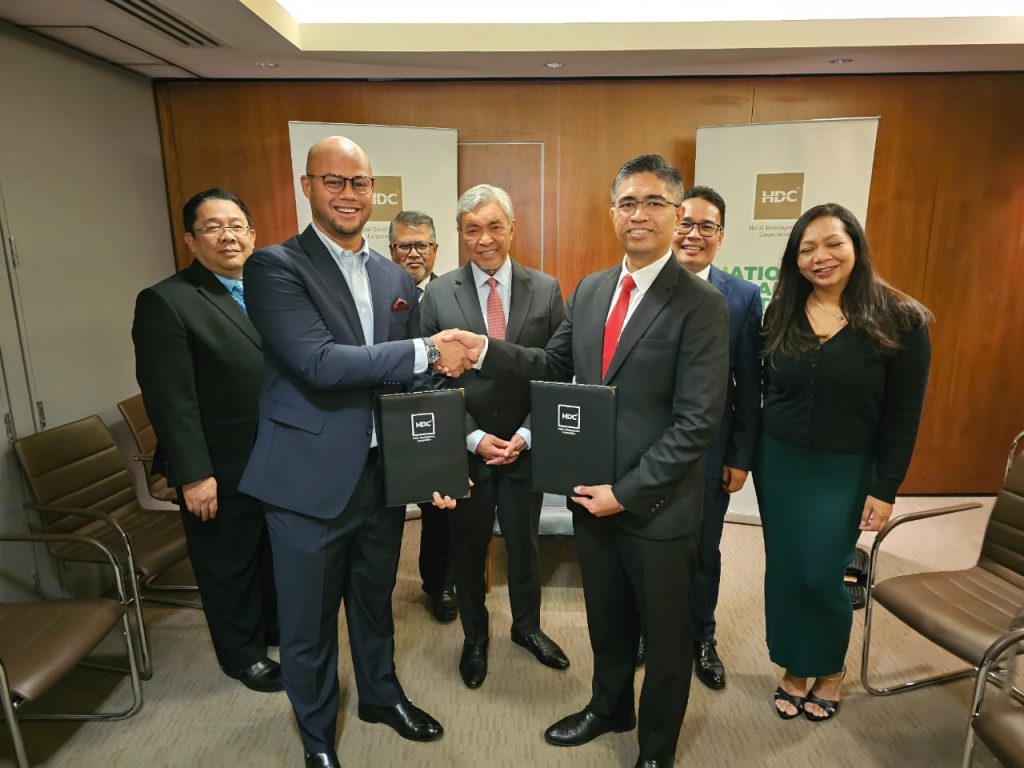By Al-Haadi Abu Bakar
 THE high level of stringency in the auditing process for obtaining Halal Certification will be maintained to ensure the products verified achieve 100 per cent Halal, said the Minister of Religious Affairs.
THE high level of stringency in the auditing process for obtaining Halal Certification will be maintained to ensure the products verified achieve 100 per cent Halal, said the Minister of Religious Affairs.
Yang Berhormat Pg Dato Seri Setia Dr Hj Mohammad Pg Hj Abdul Rahman stressed that easing the processes would desecrate the integrity of the certification.
“We need to be more comprehensive in the auditing process as the context of Halal and Haram cannot be taken lightly,” said the minister during a session at the 10th State Legislative Council meeting yesterday.
The minister responded to a suggestion made by LegCo member Yang Berhormat Datin Paduka Hjh Salbiah Hj Sulaiman to simplify the process for obtaining the Halal certification, as a number food business establishments in the country have criticised its complexity.
She said that simplifying the process would also encourage more businesses to apply and therefore fulfill the government’s vision in ensuring all business establishments nationwide will be accredited.
In response, YB Pg Dato Dr Hj Mohammad said that the ministry would consider finding other ways to streamline the processes without jeopardising its integrity.
The enforcement of the Halal Label Certificate and Halal Label Order 2005 in 2009 required restaurant owners and food outlets to obtain their halal certificates for their respective establishments.
The Order was implemented to ensure all eateries which cater food and drink to be consumed by Muslim diners are 100 per cent halal.
Chapter 4 (1) under the order states that any Muslim or non-Muslim business owner is qualified to apply for certification with the provision that he or she employs at least two halal food supervisors who will be based at the particular premise registered in the application.
In addition, a business entity with a lot of branches are required to apply for multiple certifications for each premises
Last year, the Ministry of Religious Affairs issued a mandatory policy for all restaurants, and food and drink producers that are serving Muslim customers in the Sultanate to be halal-certified by 2014.
Failure to do so will have their miscellaneous (business) licenses terminated or revoked.
However, many restaurateurs in the country have expressed concern over the lengthy process on the approval and issuance of their establishments’s halal certification from the relevant authority.
Several restaurants who wished to be coined halal will have to meet stringent requirements set by the government, such as drafting an exhaustive list of every ingredient included in their products or dishes and beverages.
The lengthy process presented a challenge for applicants, affected business operations and slowed down production of the food products.
In a previous report, the ministry said that the time needed to complete an auditing process will depend on the amount or quantity of times such as ingredients to be audited, and also the cooperation of the restaurant in the auditing process.
The auditing process carried out by the Brunei Islamic Religious Council (MUIB) inspection committee consist of tracing the origin of the halal brand label, the origin of the ingredients, sources and suppliers, as well as several tests.
The Brunei Times



